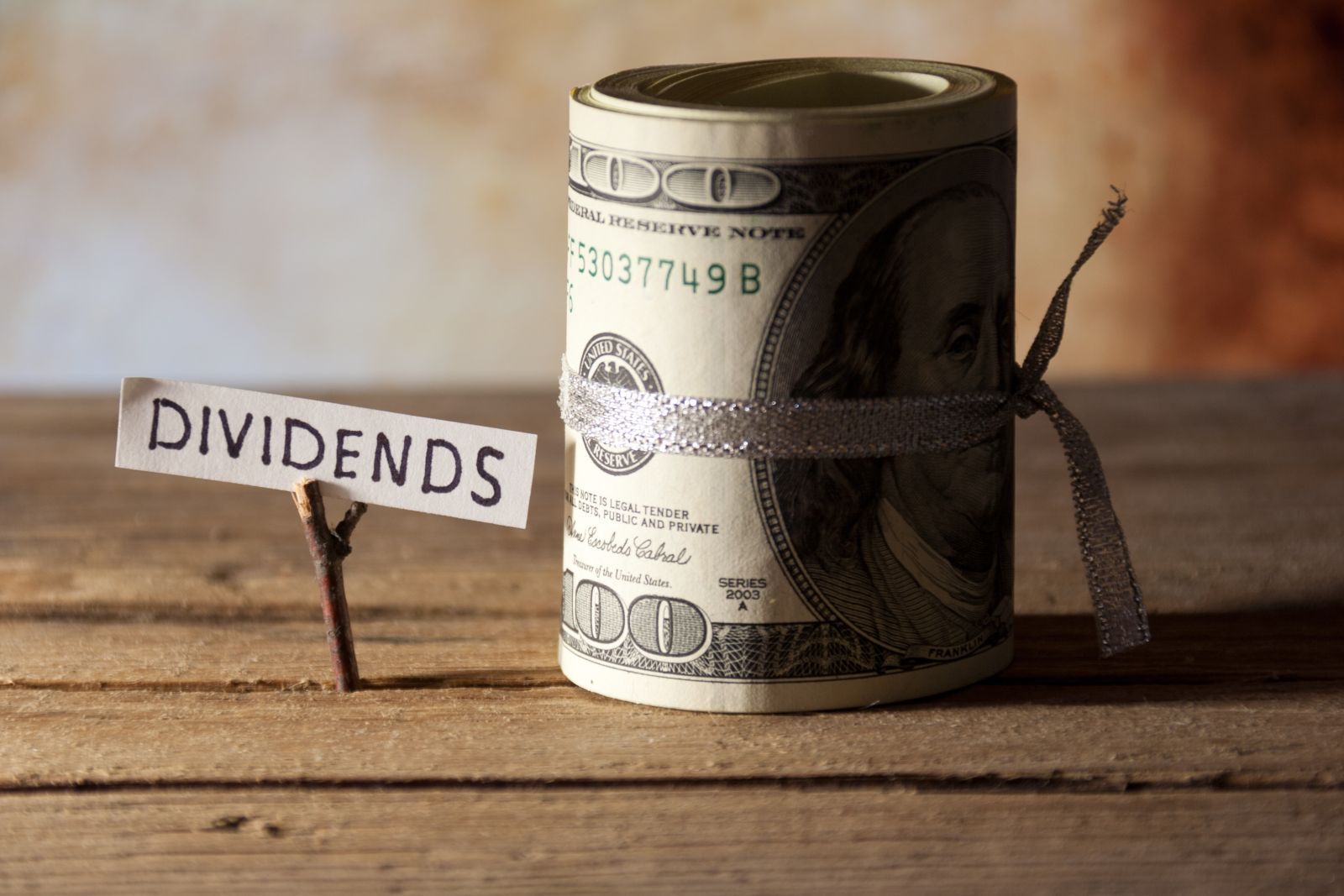|
|
|
|
|
Market Data
News
Ag Commentary
Weather
Resources
|
Buy This Dividend Stock Yielding Over 4% After the China Tariff Pause
U.S. stock markets soared on Monday, May 12, after the U.S. and China announced a pause on “reciprocal tariffs” for 90 days while the two countries work out a trade deal. President Donald Trump cut tariffs on China to 10%, which is the baseline level that his administration says will remain in place for trading partners even after deals are signed. China is still subject to 20% “fentanyl-related” tariffs, which bring the total tariffs on the world’s second-largest economy to a relatively manageable 30%. After the pause on China tariffs, shares of companies that are among the major importers from the country rallied yesterday.  More Trade Deals Might Be ComingThe Trump administration is working toward other trade deals, and the U.S.-U.K. agreement is already in the bag. We might see more such announcements in the coming days as more countries sign trade deals with the U.S. to escape facing mammoth tariffs. Amid the optimism over trade deals, recession fears have somewhat abated, even though the U.S. economy still looks on shaky ground in the short term. Given the economic background, I find HP (HPQ) to be one stock to bet on, as not only does it have a dividend yield above 4%, but it is also a play on easing trade tensions. Let’s discuss. HP Looks Fairly ValuedTo begin with, HP has restructured its supply chain and estimates that 90% of the products it sells in North America will be made outside of China by the end of its fiscal year 2025, which ends in October. Even Apple (AAPL) now has significant flexibility in its supply chain and estimates that most of the iPhones that it sells in the U.S. in the current quarter will be assembled in India instead of China. HP is present in both the personal computing and printing markets. The latter faces structural issues and its revenues have been falling for the last many quarters. The personal computing segment also hit a wall after strong growth during the COVID-19 pandemic. However, the PC market is expected to revive in the coming quarters, led by the Windows 11 refresh and the aging of the current installed base of PCs. Moreover, the demand for artificial intelligence (AI) PCs is expected to spur demand for new PCs. While analysts expect HP’s earnings per share (EPS) to be flat this fiscal year, they are modelling just over 7% year-over-year growth in the next fiscal year. Given the mature nature of the company’s business and the secular decline in the high-margin printing business, this seems quite favorable.  Given HP’s anemic growth, the stock has been trading at depressed single-digit price-earnings (P/E) multiples. Currently, the stock trades at a forward P/E of 7.8x, which is a discount to its five-year average. HP is a free cash flow powerhouse and expects to generate free cash flows of $3.4 billion this fiscal year, which implies a price-cash-flow multiple of 7.8x. The company is committed to returning all of its free cash flows to investors through dividends and buybacks as long as its gross debt to earnings before interest, tax, depreciation, and amortization (EBITDA) multiple is below 2x, and it does not see other opportunities that promise a higher return on investment. Given the lack of investment opportunities, HP has been predominantly using the free cash flow for buybacks and dividends, with the latter rising at a compound annual growth rate (CAGR) of around 11% over the last five years. The stock currently has a dividend yield of over 4%, which looks quite healthy.  Should You Buy HPQ Stock?If you are a growth investor, you can give HPQ stock a pass as the company is at best growing at single digits levels. However, if you are looking for a dividend stock that can also deliver some capital appreciation over the next couple of years, HP fits the bill. As the Trump administration advances with more trade deals, market sentiment may improve further, which would help support the stock's price action. Of the 14 analysts covering HP, four have a “Strong Buy” rating while nine rate the stock as a “Hold” or some equivalent. The remaining one analyst rates the stock as a “Strong Sell,” and its mean target price of $33 is 16% higher than current prices. On the date of publication, Mohit Oberoi had a position in: HPQ , AAPL . All information and data in this article is solely for informational purposes. For more information please view the Barchart Disclosure Policy here. |
|
|